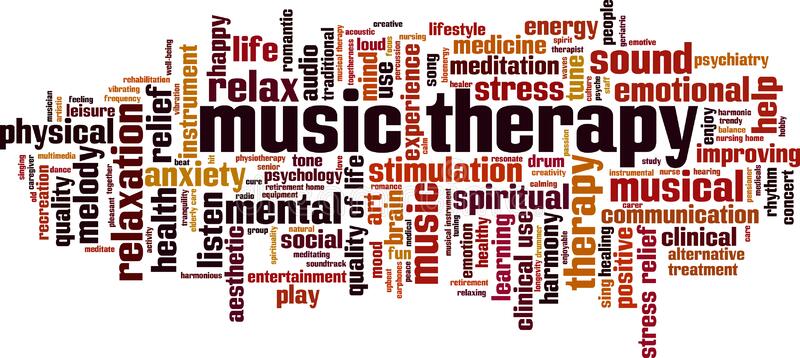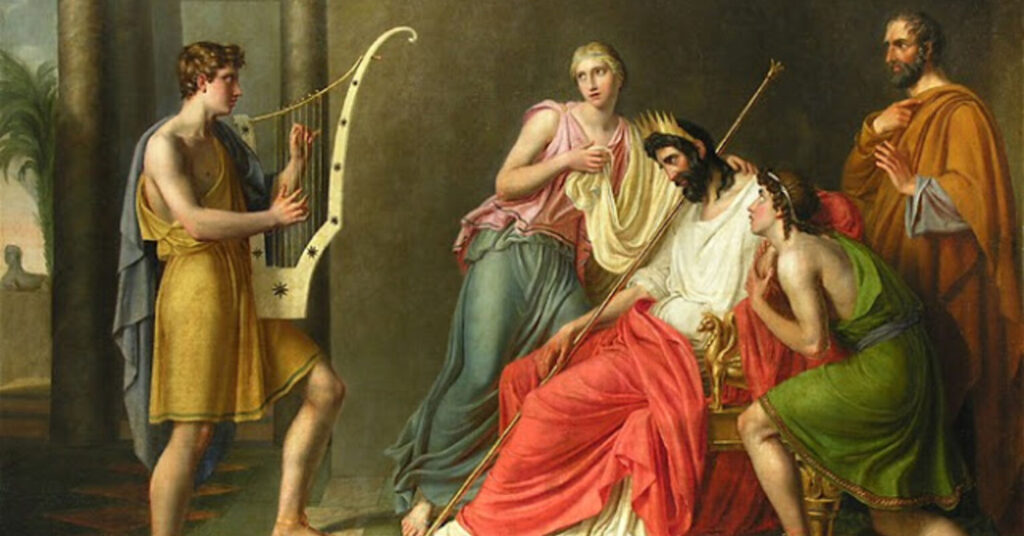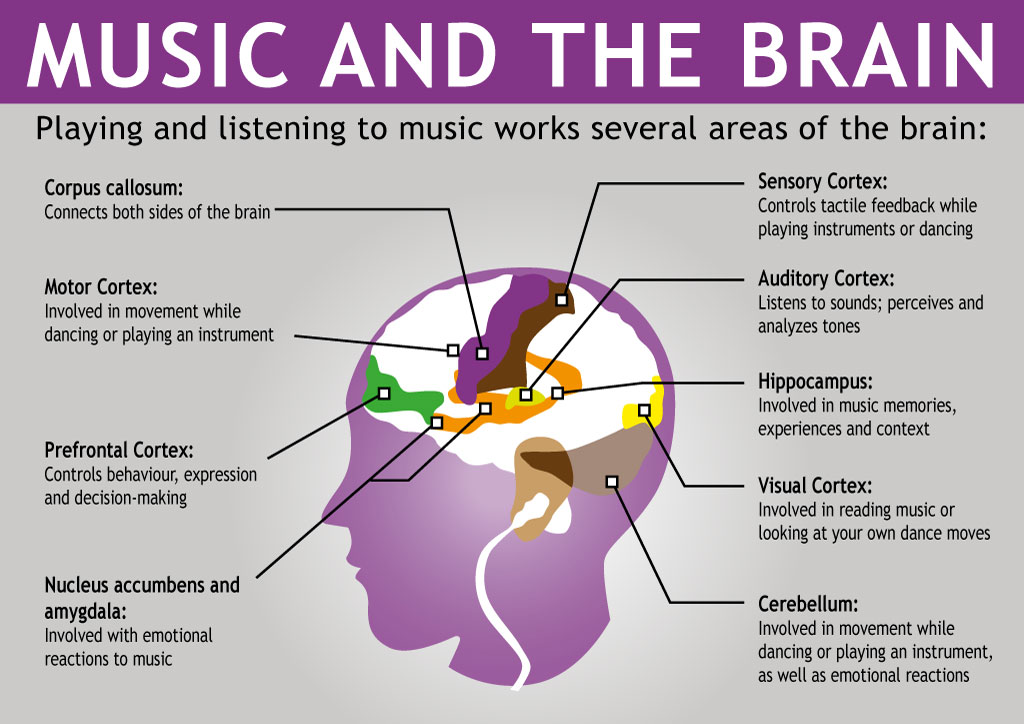Content of choice (1)
This piece is revised for length suitable for a blog research paper written for one of my writing classes. It showcases my ability to conduct meaningful research and present the results in the form of content for a general audience, suitable for publication in a magazine or blog.
By James Daniel

Music therapy is often thought of as an alternative treatment and not a traditional treatment for various disorders encountered in the field of mental health.
For those who may be patients and potential candidates for therapy and are interested in non-traditional therapies, music therapy is a proven alternative. Everyone can benefit from the use of this proven treatment methodology because it is less foreign in nature and does not require the use of drugs in the treatment process.

The use of music as a medicine is as old as medicine itself. In fact, in Biblical times David the shepherd boy played the harp to help King Saul through a bad case of melancholy or what we would call today depression (Babikian, Zeltzer, and Tachdjian). All throughout history music has played a part in the healing process.
Music can help to reduce anxiety and help improve mood, it also helps to ease the dying process. Music is not just a form of entertainment it can have an effect on both the mind and body. Music therapy is a legitimate health profession that specializes in using music as a facilitator in various therapeutic treatments.
Music has different effects on people depending on their age, mental condition, culture, and their experience with music. Music can reduce anxiety and improve mood in patients preparing for surgery, studies show that music intervention both before and after surgery shows significant beneficial effects on patients. In a variety of procedures, music has been shown to be effective in reducing pain associated with the procedure. Procedures normally associated with a high level of pain such as lumbar punctures, burn debridement, dental procedures, and laceration repairs

Music needs no prescription it is a completely safe therapy if a patient is not exposed to excessive loud volume. The cost of music therapy is very minimal since music is readily and inexpensively available and the means of providing it is via cd, boom boxes, or mp3 players, or even smartphones has a very negligible cost.
Music plays a prominent role in all cultures. The human body and the clinical symptoms it can present are directly and indirectly affected by music. Different types of music can be selected for their ability to enhance a sense of comfort and relaxation, offer a distraction from pain, reduce stress, and enhance clinical performance. Music therapy is a healing tool, with a growing evidence base. Music is universal, but it is also highly individualistic. Kusek and Leonhard stated in The Future of Music, “When people are touched by music, it often results in real bodily sensations, in ‘real’ and tangible experiences that are way beyond the logic of simply processing information.” Pinpointing the exact healing mechanisms of music remains elusive, We recognize that music has a powerful influence on people but it is still hard to discern the exact way in which music heals.
Works Cited
Babikian, T, et al. “Music as Medicine; A Review and Historical Perspective.” Alternative and Complementary Therapies 19.5 (2013): 251-254.
Kusek, David and Gerhard Leonard. The Future of Music. Boston: Berkley Press, 2005.
Images from Adobe Stock free photos